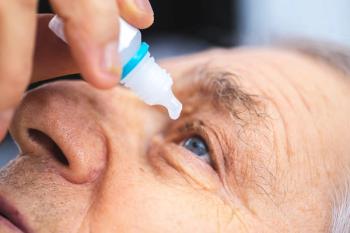
Some hospitals not prepared for potential Ebola patients
As healthcare workers in West Africa battle against Ebola, some experts in the United States question whether American hospitals would be able to protect their employees and the public should the disease.
As healthcare workers in West Africa battle against Ebola, some experts in the United States question whether American hospitals would be able to protect their employees and the public should the disease spread.
Under the watchful eye of the Centers for Disease Control and Prevention (CDC), Emory University Hospital in Atlanta is treating two American missionaries who were infected with the disease while in Liberia.
A recent
“Many hospitals are poorly prepared to contain any pathogen. That’s why at least 75,000 people a year die from hospital infections,” writes Betsy McCaughey, PhD, former Lt. Governor of New York.
“Whether Americans die of Ebola will depend largely on what hospitals do when the first victims unknowingly carrying the virus are admitted,” says Dr. McCaughey.
The CDC
“The CDC also needs to improve its own infection control rigor. In the last three months, three incidents of the CDC mishandling pathogens-anthrax, avian flu, and smallpox-have come to light. Why assume the agency’s ready for Ebola?” writes Dr. McCaughey.
Formulary News:
Newsletter
Want more insights like this? Subscribe to Optometry Times and get clinical pearls and practice tips delivered straight to your inbox.








































